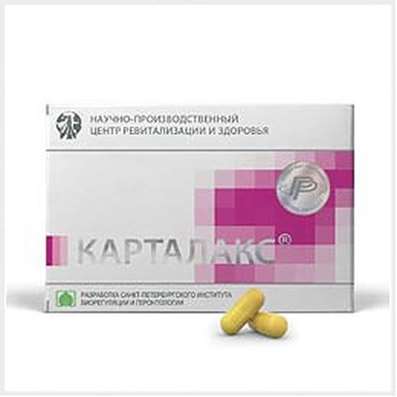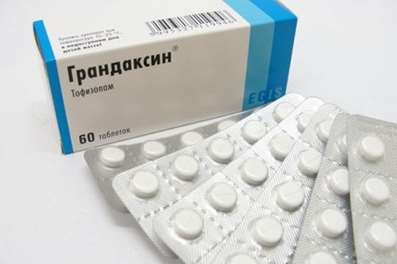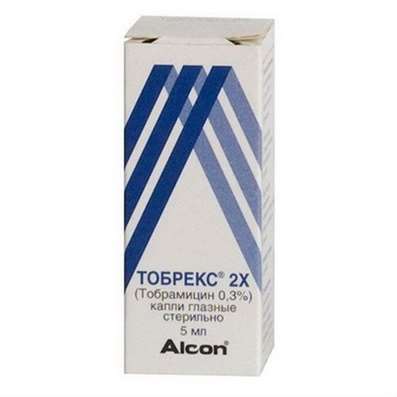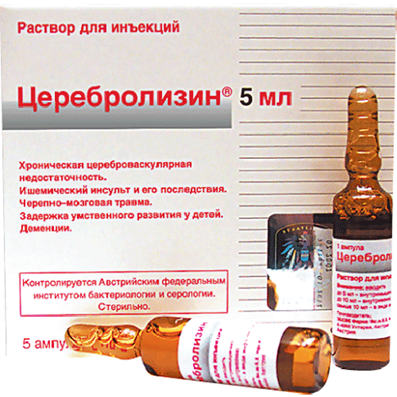Instruction for use: Redergin
I want this, give me price
Trade name of the drug – Redergin
Dosage Form: Drops for oral administration, injection, tablets
Composition (per tablet):
1 tablet contains 1.5 mg Dihydroergotoxin mesylate; 20 pcs in the bottle.
1 ml oral solution (20 drops) - 1 mg; in bottles of 50 ml.
1 ml of solution for injections - 0.3 mg; in ampoules of 1 and 5 ml, in a package of 50 pieces.
Pharmacotherapeutic group: Alpha- and beta-blockers
ATC C04AE ergot alkaloid
The nosological classification (ICD-10)
G43 Migraine: The pain at migraine, hemiplegic migraine, migraine headache, migraine attack, continuous headache, hemicranias
G45.0 The syndrome vertebrobasilar arterial system: Vertebral-basilar insufficiency, vertebral artery syndrome, benign positional vertigo, benign positional vertigo after neurosurgical operations
G46 Vascular syndromes of brain in cerebrovascular diseases: Postapopleksicheskoe state, chronic cerebrovascular insufficiency
H35 Other retinal disease: retinal degeneration; Retinal degenerative changes in the eye; Subacute and chronic insufficiency of blood circulation in the retina or choroid
H81 Disorders of vestibular function: vestibulopathy; Labyrinth, vestibular disorders; Syndrome of kohleovestibulyarny; vestibular disorders; Vestibular deviation; Vertigo labyrinthine origin; Violation of the microcirculation in the maze; kohleovestibulyarny disorder; Cochle-vestibular disorders ischemic nature; Disorders of the vestibular apparatus
I10 Essential (primary) hypertension: hypertension; Arterial hypertension; Arterial hypertension crisis course; Essential Hypertension; Essential hypertension; Essential hypertension; Essential hypertension; Essential hypertension; Primary hypertension; Arterial hypertension, complications of diabetes; The sudden increase in blood pressure; Hypertensive disorders of blood circulation; hypertensive condition; hypertensive crises; arterial Hypertension; malignant Hypertension; Hypertonic disease; hypertensive crises; accelerated hypertension; malignant hypertension; The aggravation of hypertensive disease; Transient hypertension; Isolated systolic hypertension
I15 Secondary hypertension: Arterial hypertension, complications of diabetes; hypertension; The sudden increase in blood pressure; Hypertensive disorders of blood circulation; hypertensive condition; hypertensive crises; hypertension; arterial Hypertension; malignant Hypertension; hypertensive crises; accelerated hypertension; malignant hypertension; The aggravation of hypertensive disease; Transient hypertension; hypertension; Arterial hypertension; Arterial hypertension crisis course; renovascular hypertension; Hypertension symptomatic; Renal hypertension; Renovascular hypertension; renovascular hypertension; Symptomatic hypertension
I63 Cerebral infarction: ischemic Stroke; Ischemic brain disease; Ischemic stroke; Ischemic stroke and its consequences; Ischemic cerebral stroke; Ischemic cerebrovascular accident; Ischemic brain damage; Ischemic brain damage; ischemic conditions; Cerebral ischemia; Acute hypoxia brain; Acute cerebral ischemia; Acute ischemic cerebrovascular accident; Acute cerebral infarction; Acute ischemic stroke; Acute period of ischemic stroke; Focal cerebral ischemia; Ischemic stroke; recurrent stroke; The syndrome of Morgagni-Adams-Stokes; Chronic cerebral ischemia; cerebrovascular stroke; embolic stroke; Ischemic brain damage
I69 The effects of cerebrovascular disease: Ischemic and post-stroke condition; Residual effects of hemorrhagic stroke; Residual effects of ischemic stroke; Residual effects of cerebral circulation; Residual effects of subarachnoid hemorrhage; Ischemic stroke; Transferred thromboembolic stroke; The consequence of cerebrovascular accident; The consequence of insufficient blood supply to the brain; Consequences of ischemic stroke; The consequences of a stroke; Postapopleksicheskoe state; post-stroke period; post-stroke syndrome; Condition after stroke; Condition after cerebrovascular accidents; Chronic cerebrovascular insufficiency
I73.0 Raynaud's Syndrome: Raynaud's syndrome Leriche; Raynaud's disease; Raynaud's phenomenon; RaynaudLeriche syndrome; Raynaud's disease; Raynaud's syndrome with trophic disorders; Peripheral angiopathy
I79.2 Peripheral angiopathy in diseases classified elsewhere: diabetic angiopathy; Angiopathy in diabetes; arteriosclerosis diabetic; Pain in lesions of peripheral nerves; Diabetic angiopathy; Diabetic microangiopathy; Diabetic vascular disease; Intermittent angioneurotic disbaziya; Macroangiopathy in diabetes; microangiopathy; Microangiopathy in diabetes mellitus; Tingling sensations in the hands and feet; Coldness in the extremities; Peripheral angiopathy; Peripheral arterial disease; Sclerosis Menkeberga; Chronic obliterating diseases of arteries
I99 Other and unspecified disorders of the circulatory system: angiopathy; Arterial angiopathy; Atherosclerotic angiopathy; Hemodynamic right heart defects; Hemodynamic defect of the right heart; coronary angiopathy; Infringement of blood circulation; Violation of circulation; Violation microcirculation in organs and tissues; Peripheral circulatory disorders; Disorders of the peripheral circulation in the extremities; circulatory failure; Hemodynamic instability occlusion of arteriovenous origin; Acute circulatory failure; Psevdostenokardicheskie state; Psevdostenokardicheskoe disorder; circulatory disorder; Cardiovascular diseases; Vascular insufficiency; Thrombosis arteriovenous shunt; Thrombosis with prosthetic heart valves; Deterioration of blood circulation in the pelvic organs; Functional failure of the cardiovascular system; Functional disorders of the cardiovascular system; Chronic arterial insufficiency; Chronic heart failure; Age-related vascular disease; The risk of thrombosis
T90.5 Effects of intracranial injury: Condition after traumatic brain injury; Conditions after traumatic brain injury; Traumatic encephalopathy; Residual effects of traumatic brain injury; Recovery after traumatic brain injury; Conditions after traumatic brain injury
Pharmacological Properties of Redergin
Pharmachologic effect - Mode of action - hypotensive, vasodilating.
Blocks alpha-adrenergic receptors, stimulates the dopamine and serotonin receptors, improves blood flow to the brain.
Indications for Redergin
Cerebrovascular and vertebrobasilar insufficiency, ischemic stroke, post-hemorrhagic stroke or traumatic brain injury, peripheral arterial disease (Buerger's disease, Raynaud's disease), retinopathy, and vascular origin kohleovestibulyarny syndrome, migraine, vasomotor headache, hypertension.
Contraindications for Redergin
Hypersensitivity, bradycardia.
Redergin Dosage and Administration
Inside - 30-40 drops (1 tablet). Three times a day.
Parenteral (in / in / bolus and drip / m, n / k) - at least 3 mg per day for the first 10-15 days, then reduce the dose.
(for arteritis) - at 0.3-0.6 mg / day.
Electrophoretically (with the positive pole).
Side effect of Redergin
Anorexia, dyspepsia, nausea, vomiting, abdominal pain, blurred vision, nasal congestion, orthostatic hypotension, skin rashes.
Storage conditions of Redergin
In a dry, dark place at a temperature no higher than 25 ° C.
Keep out of the reach of children.
Shelf life
5 years.
Do not use beyond the expiration date printed on the package.
Conditions of supply of pharmacies
On prescription.

 Cart
Cart





